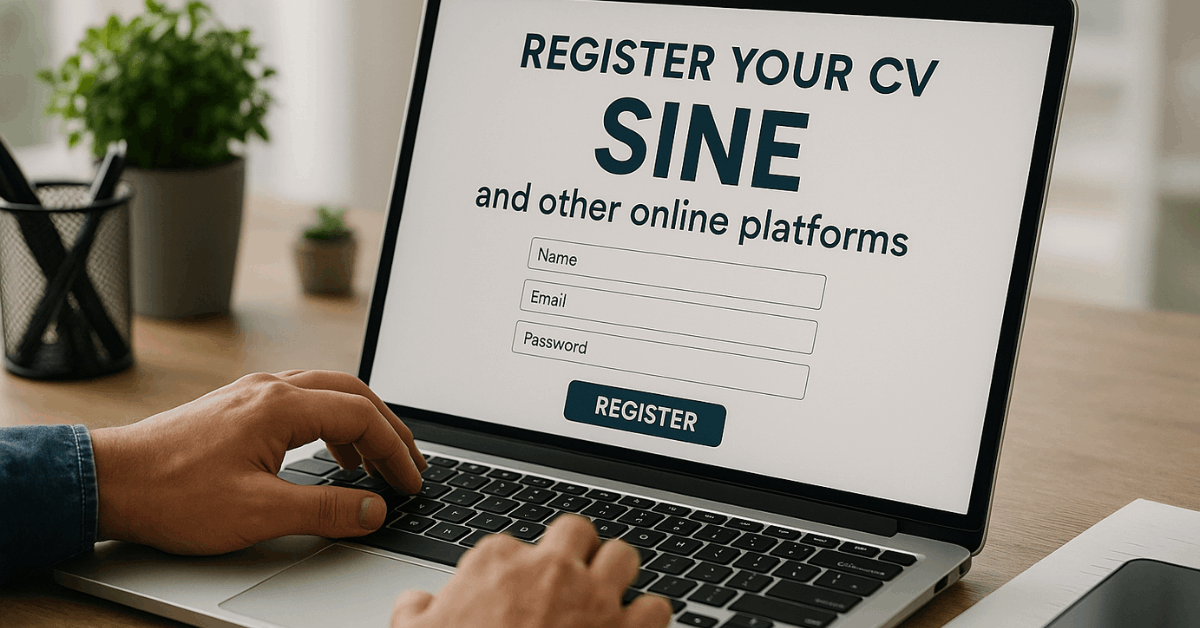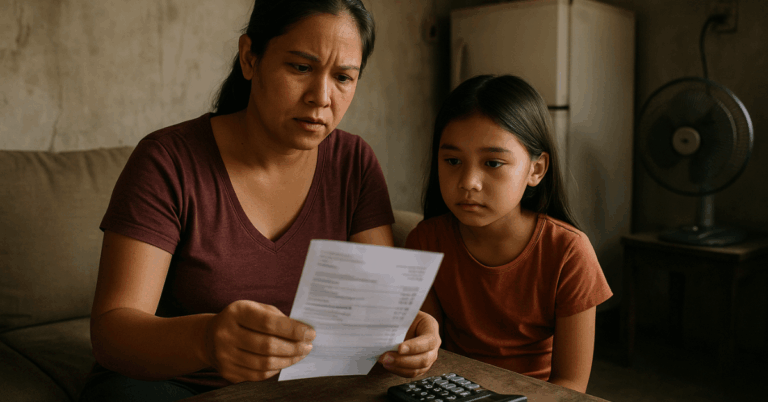Unemployment insurance, or “seguro-desemprego,” is a benefit that offers temporary financial support to workers who are laid off without cause.
It plays a critical role in Brazil by helping individuals support themselves and their families during a transition period.
This assistance gives workers time to find new employment opportunities. Understanding the rules, application process, and eligibility is essential.
What Is Unemployment Insurance in Brazil?
This benefit ensures temporary income to eligible individuals while they search for a new job. It is a right guaranteed by the Federal Constitution and governed by labor laws.
It is funded by employer taxes and administered by the Ministry of Labor. The purpose is to provide economic stability and prevent hardship.

Who Is Eligible for Unemployment Insurance?
Eligibility is defined by the Ministry of Labor and Employment. Workers must meet specific criteria depending on the number of times they’ve requested the benefit.
- Formal employees dismissed without cause
- Domestic workers who meet registration requirements
- Workers rescued from forced labor conditions
- Professional artisanal fishermen during closed seasons
- Employees with sufficient months of contribution before dismissal
Documents Required to Apply
Applicants must gather several official documents before starting their claim. These documents help prove their employment history and identity.
- Personal ID (RG and CPF)
- Carteira de Trabalho (Work Card)
- Termination contract (Termo de Rescisão)
- Proof of FGTS withdrawal
- Request form for the benefit (provided by employer)
- PIS/PASEP number or NIS
How to Apply for Unemployment Insurance?
The application process must follow specific deadlines. Workers have 7 to 120 days after dismissal to apply.
- Access the “Carteira de Trabalho Digital” app or Gov.br website
- Log in using CPF and password
- Select the option “Requerer Seguro-Desemprego”
- Fill out the required forms with accurate data
- Submit and wait for processing by the Ministry
Payment Amount and Installments
The amount depends on the worker’s average salary in the last three months. Installments also vary according to work history.
- First request: At least 12 months of work in the last 18 months
- Second request: At least 9 months of work in the last 12 months
- Third or more: At least 6 months of work before dismissal
- Benefit ranges from the national minimum wage up to a capped limit
- Workers receive 3 to 5 installments depending on time worked
Rules While Receiving the Benefit
There are conditions you must respect while getting paid. Breaking the rules may result in suspension or cancellation.
- You must not have any formal employment during the benefit period
- You can’t receive any other income-based government benefit
- If you get a new job, you must inform the Ministry
- Any fraud attempt will result in penalties
Common Reasons for Denial
Some claims are denied due to mistakes or ineligibility. Knowing the reasons can help prevent problems.
- Submitting documents after the deadline
- Insufficient months worked before termination
- Inconsistent or incomplete information
- Already receiving another income-based benefit
How to Appeal a Denied Claim?
If your request was denied, you can still ask for a review. Appeals should be submitted promptly with full documentation.
- Go to a Ministry of Labor unit or use the online portal
- Provide all original documents and the rejection notice
- Wait for the analysis, which may take a few weeks
- Check your status using the Gov.br portal or app
Difference Between Unemployment Insurance and FGTS
These are distinct financial protections with different purposes. Many workers confuse them.
- FGTS is a savings account funded by employers during employment
- You can withdraw FGTS when dismissed without cause
- Unemployment insurance provides monthly support payments
- Both can be claimed if you meet the requirements
Impact on Workers’ Lives
This benefit helps families avoid falling into poverty after job loss. It offers financial breathing room.
- Reduces financial pressure while searching for new jobs
- Maintains access to basic needs like food and rent
- Gives time for professional planning and upskilling
- Prevents the need to accept inadequate or underpaid jobs
How to Prepare Before a Possible Layoff?
It’s smart to be ready in case of dismissal. Organizing your documents in advance helps speed up your claim.
- Save copies of work-related contracts and FGTS statements
- Make sure your “Carteira de Trabalho” is updated
- Familiarize yourself with the Gov.br portal and CTPS Digital app
- Keep your PIS/PASEP number and personal ID accessible
Programs That Complement Unemployment Insurance
Brazil offers programs that assist low-income or unemployed workers. These can help you bridge the gap.
- Bolsa Família or Auxílio Brasil for vulnerable families
- SINE (Sistema Nacional de Emprego) for job matching
- Free training through PRONATEC or SENAI
- State-specific income support depending on location
Unemployment Insurance for Informal or Self-Employed Workers
Not all workers are covered. Informal or autonomous workers are generally excluded.
- Self-employed and freelancers without formal registration don’t qualify
- MEI (Microempreendedor Individual) does not grant access to seguro-desemprego
- These workers should explore social aid and training programs
- Emergency aid programs may offer temporary relief during national crises
Changes During Emergencies
The government can modify rules during emergencies. This happened during the COVID-19 crisis.
- Some requirements were relaxed for specific categories
- Extra aid was created for informal workers
- Processing was accelerated through digital systems
- Temporary laws granted more flexibility in documentation
Tips to Find a Job While Receiving the Benefit
Using your benefit period wisely is key. Focus on getting back into the workforce.
- Register your CV on SINE and other online platforms
- Take free training courses to improve your resume
- Maintain a routine of daily applications and follow-ups
- Use social media and networking to learn about vacancies
Regional Support Centers
Support centers offer face-to-face help. They are spread throughout the country.
- PAT (Posto de Atendimento ao Trabalhador) in São Paulo
- SINE centers in all major cities
- Local unions often offer job placement help
- You can also book appointments online at this site.
Final Thoughts: Know Your Rights, Use the Support
Unemployment insurance is a legal right that protects you in uncertain times. It can support you as you transition from one job to another.
Knowing how to apply and which rules to follow makes the process smoother. Take full advantage of this support to plan your next steps.












